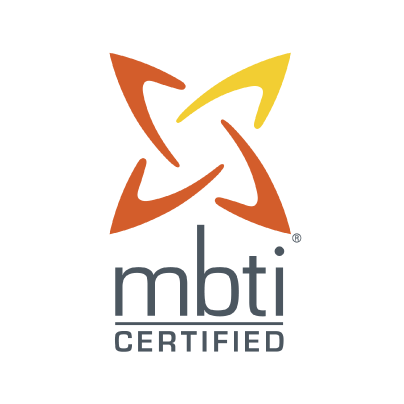Assessment Tools
BreakPoint Solutions coaches and facilitators are expert administrators of the following assessment tools:
EQ-i and EQ 360
This tool is powerful and versatile in workplace environments. The EQ-i can be used by employers (via EQ-i certified users) to provide greater insight when looking for emotionally healthy and high potential personnel. In a career development context, the EQ-i and EQ 360 can be used with current staff to evaluate ongoing functioning and well-being of employees, particularly when this functioning is linked to organizational competency frameworks or other performance metrics that indicate success within a given organization. The EQ 360 can also be useful in group or team development where the multi-rater feedback instrument is invaluable for assessing an individual’s strengths and weakness from a self/others’ perspective (i.e., comparison of ratings from observers together with ratings on the EQ-i ).
Total Strengths Deployment Inventory
This tool empowers people to improve relationships and manage conflict more effectively. SDI is rooted in the theory of Relationship Awareness®, a self-learning model for effectively and accurately understanding and inferring the motive behind people’s behavior.
Myers-BrIGGS® Type Indicator
This assessment tool takes individuals and teams to the next level of performance by creating opportunities for awareness and understanding of self and others. Working with MBTI®, individuals will experience personality type theory and its application in communication, information processing and decision making to get the right work done.
Participants will go away with tips and techniques to develop both leadership and teamwork.
The Psychometrics 360 assessment provides straightforward and intuitive multi-source feedback to help leaders quickly identify their strengths and developmental needs. The clarity of the Psychometrics 360 degree feedback report helps leaders easily recognize key themes in the responses from others and take actionable steps for growth.
DiSC(r) is a personal assessment tool used by more than one million people every year to help improve teamwork, communication, and productivity in the workplace.
The Everything DiSC(r) model provides a common language people can use to better understand themselves and those they interact with - and then use this knowledge to reduce conflict and improve working relationships.
DiSC is an acronym that stands for the four main personality profiles described in the DiSC model: Dominance, influence, Steadiness, and Conscientiousness.
Sample profile. The words around the circle are priorities that provide more nuanced feedback.
The Enneagram has been described as a GPS of wisdom and a tool for compassion. The Enneagram can improve interpersonal skills and communication and is also used a a personal growth tool to better understand yourself and others in your life.
The Enneagram model is a circle surrounded by numbers 1 through 9. Each number represents a personality type. Each of the personality types are connected by lies that show directions of growth and stress. The numbers are also divided into three sections, or triads, that help to describe your emotions.
The StrengthsFinder assessment was developed by the Gallup organization and is based on two million interviews which derived 34 different patterns or themes that are consistent and prevalent themes of human talent or strengths.
After taking the assessment, individuals are assigned their top five strengths. These strengths fall into one of four categories or domains:
Executing
Influencing
Relationship Building
Strategic Thinking
These domains describe how people and teams use their talents to work with information, make things happen, influence others, and build relationships.
CULTURE PULSE
The Culture Pulse assessment measures values, norms, beliefs, and behaviour, and demonstrates how culture controls the way employees behave amongst themselves as well as with people outside the organization. The assessment looks at the following aspects or cultural anchors:
Management Philosophy (support vs. performance)
Organizational Control (loose vs. strict)
Organizational Effectiveness (means vs. goal)
Audience Orientation (internal vs. external)
Personal Approachability (approachable vs. guarded)
Group Identity (community vs. professional)
Leads 360
LEADS 360: The LEADS 360 Assessment is a feedback process primarily for development purposes. It focuses on leadership and takes the capabilities identified in the LEADS in Caring Environment capabilities framework and identifies sentinel behaviors that would be exhibited by front-line, mid-level, senior, or executive level leaders. There are approximately 55 questions, each on a seven point rating scale, plus a number of optional open-ended text responses.











